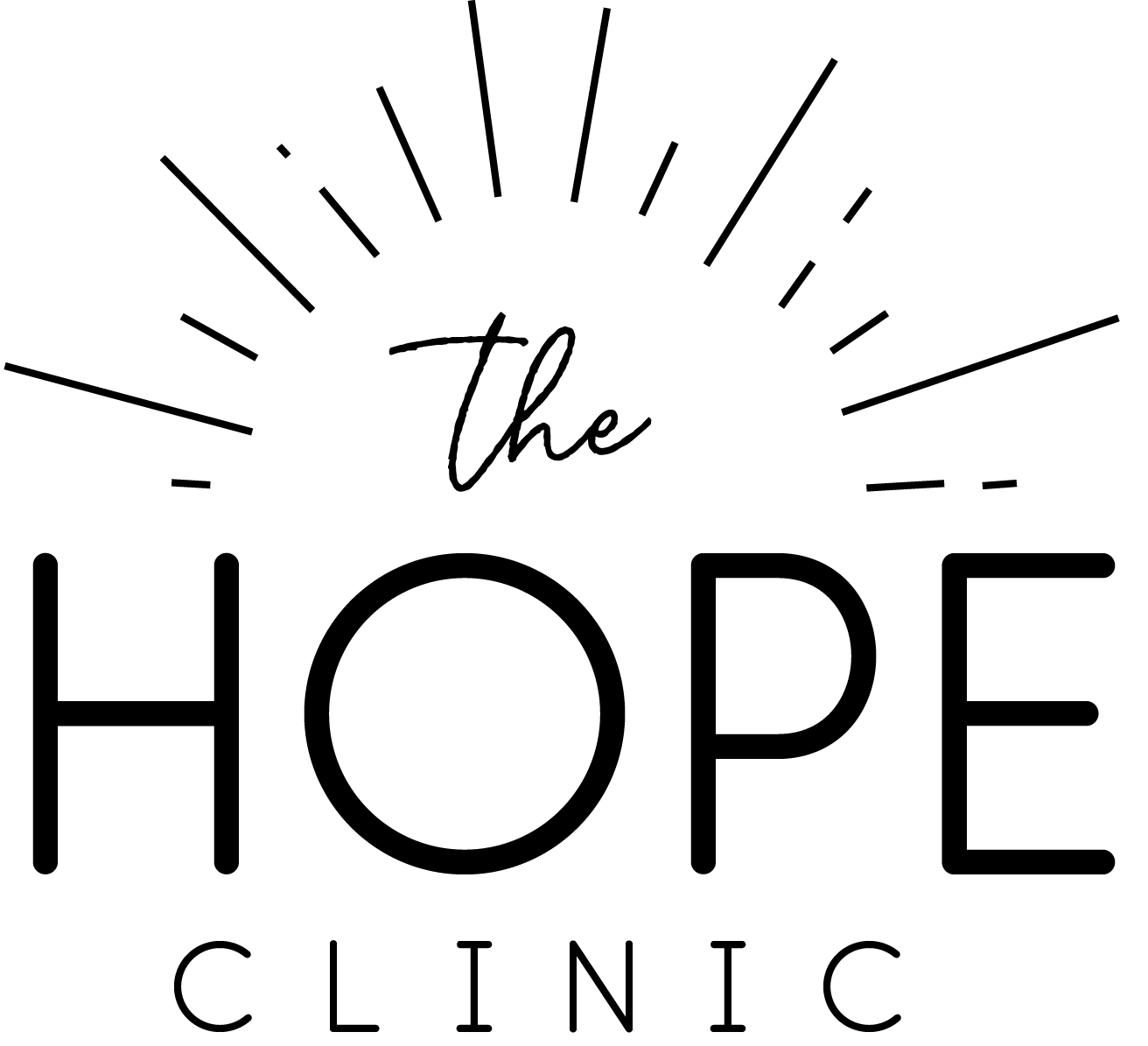If you’ve recently had unprotected (or even protected) sex and your period is late, you’re most likely pregnant. Take a look at some of the other telltale signs of pregnancy like tender breasts and fatigue.
Are you thinking about using Plan B? Get the facts first.
Fact #1 – Plan B Is Emergency Birth Control Only
Also known as the “morning-after pill,” Plan B is used to prevent pregnancy for women who’ve had unprotected sex. It isn’t used for regular birth control because it’s less effective than other forms of contraception, such as the pill or condoms, at preventing pregnancy.
Like birth control pills, it affects ovulation for one cycle. Even if you’ve already taken the morning-after pill, it can be safely used again after another instance of unprotected sex.
According to Healthline, the biggest risk of using Plan B as birth control is pregnancy. Using it longer than recommended also puts you at risk for irregular bleeding, headaches, and fatigue.
Fact #2 – Plan B Works Best When Taken Within 72 Hours (3 days)
The sooner Plan B is taken after unprotected sex, the more effective it will be. The morning-after pill doesn’t provide lasting protection from pregnancy. If you have unprotected sex in the days or even weeks after taking Plan B, you’re at risk of becoming pregnant.
Taking the morning-after pill may delay your period by up to one week. If you don’t start your period within three or four weeks, you should take a pregnancy test. The Hope Clinic offers confidential pregnancy testing free of charge.
Fact #3 – Plan B Has Side Effects
Just as every woman is different, the side effects of Plan B can be different too. You may experience, according to the Mayo Clinic:
- A period that’s lighter, heavier, early, or late
- Nausea with possible vomiting
- Lower abdominal cramps
- Fatigue
- Dizziness
- Breast tenderness
Fact #4 – Taking Plan B Will Not Prevent STI/STDs
Plan B doesn’t prevent any sexually transmitted diseases. It is only used to delay or prevent ovulation. If either you or your partner has an undiagnosed or untreated STI/STD, you can still transfer it to one another despite taking the morning-after pill.
Protect your reproductive health by being tested for STDs. Currently, The Hope Clinic offers free and confidential STD testing and treatment for HIV, gonorrhea, and chlamydia.
Fact #5 – Plan B Isn’t The Same As The Abortion Pill
The morning-after pill works to delay or prevent ovulation. If an egg is already fertilized and implanted in the uterus, Plan B won’t be effective.
The abortion pill is a different type of medication. It terminates an existing pregnancy and can only be taken within the first 70 days of pregnancy.
Fact #6 – Plan B Is Not 100% Effective
No medication is 100% effective. Research shows that Plan B is effective in about 7 out of every 8 women. Another statistic said 86% of the time.
It won’t work if you’re allergic to levonorgestrel or any of Plan B’s ingredients. It is also possible the morning-after pill won’t work if you’re overweight.
We’re Here For You
Even if you take the morning-after pill, there’s still a chance you could be pregnant. Come to The Hope Clinic for confidential pregnancy testing and ultrasound free of charge. We care about you and your health.
If you have questions about Plan B, the abortion pill, or abortion options, schedule a no-cost appointment with us. We’re here to offer you support, resources, and pregnancy services. How can we help you?
